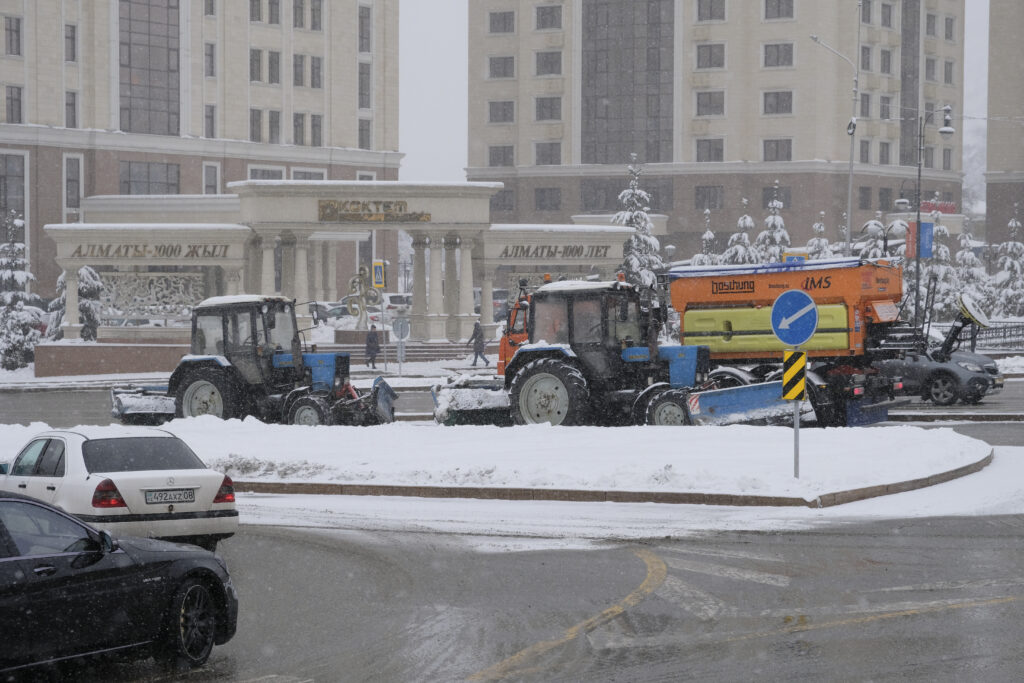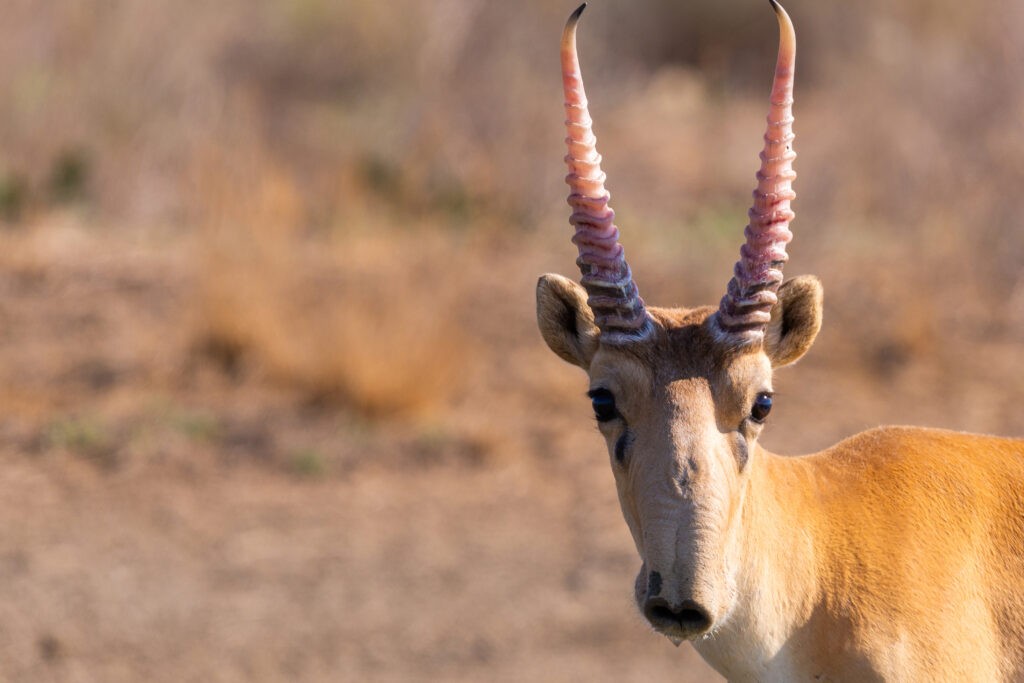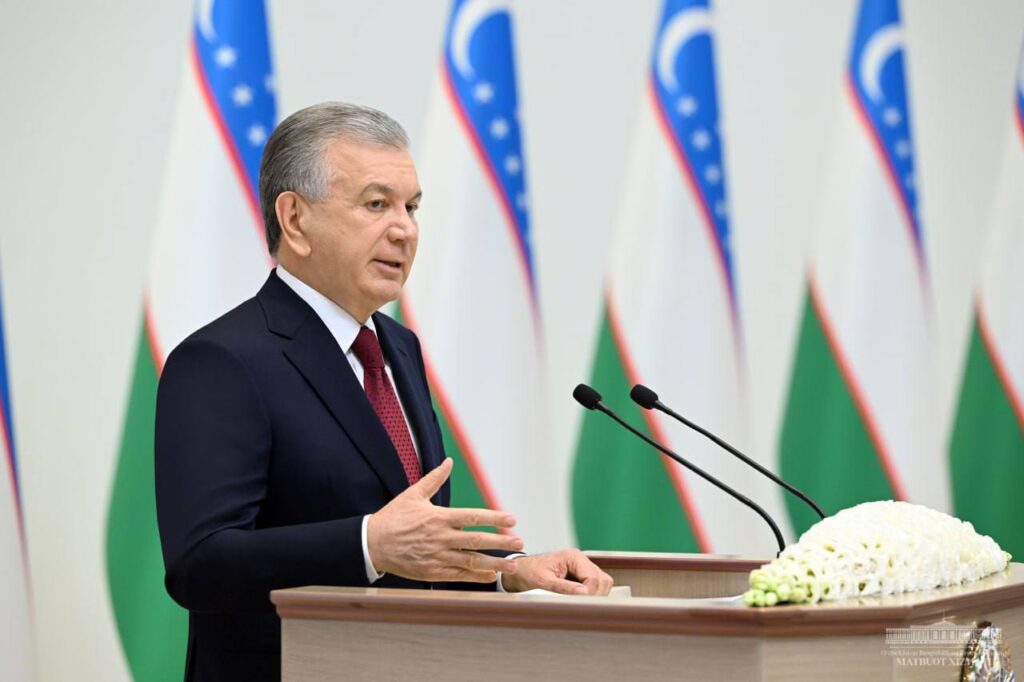Senator Zhanna Asanova: the bill against domestic violence is ready to be submitted to the Mazhilis
According to the prominent Kazakh senator Zhanna Asanova, in 2023 domestic violence claimed the lives of 69 women and children, and more than 99,000 people sought help for this reason. A total of 2,452 crimes against children were registered. In a post on Facebook, Ms Asanova announced that a bill aimed at countering domestic violence is ready to be submitted to Kazakhstan’s parliament, the Mazhilis. She stressed that a number of experts on women's and children's rights were involved in creating the bill. Senator Asanova also emphasized that state agencies, in partnership with Kazakhstan’s children's ombudsman Dinara Zakiyeva, are working to increase the number of guardianship officers to 1,650 people. Currently there are only 309 of them in the country. Ms Asanova wrote: "As the president noted, any legislative changes will not be effective unless there is complete rejection, 'zero tolerance' in society, for any form of aggression and violence." The bill includes the following measures: 1. Criminalization of violence, which implies the establishment of criminal liability for battery and causing minor harm to health (currently these crimes are regulated by the Code of Administrative Offences of the Republic of Kazakhstan). 2. Classifying these crimes as criminal offenses requiring public prosecution in order to increase the effectiveness of law enforcement. 3. Toughening the punishment for these crimes and excluding the possibility of reconciliation of the parties to all forms of violence against children, in order to ensure the protection of the rights and interests of children. 4. Creation of infrastructure for assistance to families and children, including the opening of Family Support Centers and Centers for Psychological Support of Children, to provide comprehensive assistance to victims. 5. Introduction of special requirements in the Criminal Code, including psychological work with the aggressor, in order to prevent repeated cases of violence and to rehabilitate perpetrators of such crimes.






